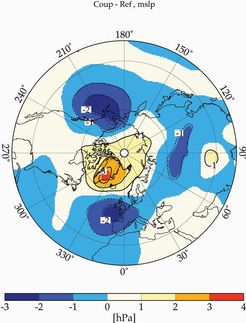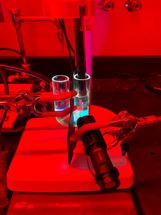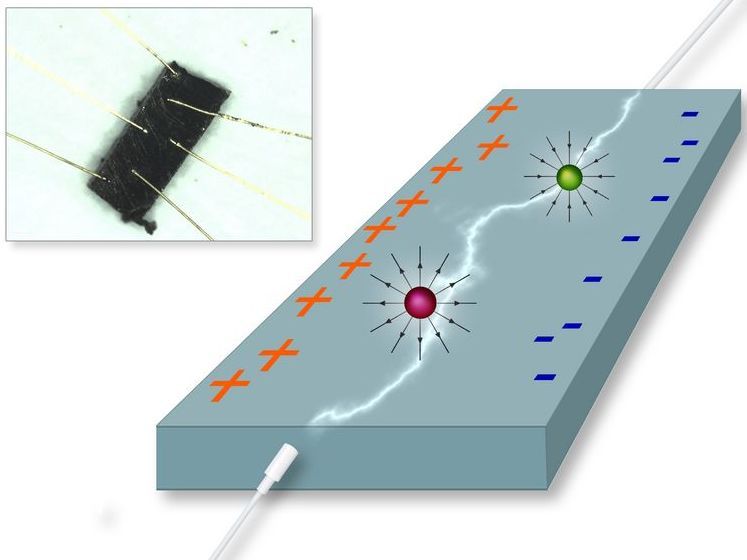Shell: Aviation fuel additive trial begins in search of environmental and economic benefits
Shell Aviation, together with KLM Royal Dutch Airlines and BetzDearborn – a division of Hercules Incorporated, has during the last month, commenced a flight trial of a jet fuel performance-enhancing additive. The trial, the first of its kind, aims to demonstrate that using this additive in jet fuel can provide both environmental and economic benefits to commercial aviation.
The high temperature dispersant/detergent chemistry performs a similar function to that which has been featured for many years in automotive gasoline and diesel fuel additives. The companies expect that the flight trial will demonstrate similar performance benefits in the turbine engines used in commercial aviation. The patented liquid additive is designed to keep fuel and injector systems clean, reducing exhaust emissions, improving fuel efficiency and lowering maintenance costs.
The additive being used for the KLM trial was designed by BetzDearborn during a US Air Force research and development programme to develop a fuel with enhanced thermal stability. Of hundreds of additives tested, it was the only one to progress through engine tests, flight trials and into service.
Improvement in the thermal stability significantly reduces the tendency of the fuel to degrade and to form deposits, lacquers and coke in the hot areas of the engine fuel system. By keeping fuel spray nozzles clean and preventing coking, more efficient combustion is promoted, with resultant reduction in coke deposits and thermal stress in the combustor, turbine and afterburner (in military aircraft) areas.
BetzDearborn, which developed and manufactures the additive, markets the product in North America; Shell Aviation markets the product in the rest of the world. KLM is the world's first commercial airline to trial the product.
KLM’S Vice President Fleet Services Michel Coumans said: ‘KLM is pleased to be the first commercial airline to trial the additive with such renowned companies as Shell Aviation and BetzDearborn. It is further proof of our continuous effort towards sustainability and a demonstration of our leadership and commitment to the environment.
Additionally, we hope the trial may bring benefits which contribute towards constraining our aviation fuel and engine maintenance costs.’
There has been an extensive approval process involving the additive prior to the start of the trial. The trial will involve two KLM Boeing 747-400 aircraft powered by GE CF6-80 engines. Shell Aviation and KLM Refuelling Services have arranged injection of the additive into the fuel supplied to these aircraft at Amsterdam Schiphol and several airports in Asia. The trial is expected to last for a period of twelve months.
Most read news
Other news from the department research and development
These products might interest you
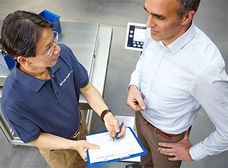
Good Weighing Practice by Mettler-Toledo
Your Concrete Weighing Quality Assurance Plan
GWP Verification service
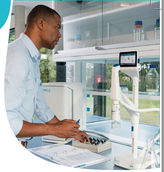
Milli-Q® Services / MyMilli-Q™ by Merck
Services & Support for Water Purification Systems
Quality Care, Delivered. In Person & Online

Get the chemical industry in your inbox
By submitting this form you agree that LUMITOS AG will send you the newsletter(s) selected above by email. Your data will not be passed on to third parties. Your data will be stored and processed in accordance with our data protection regulations. LUMITOS may contact you by email for the purpose of advertising or market and opinion surveys. You can revoke your consent at any time without giving reasons to LUMITOS AG, Ernst-Augustin-Str. 2, 12489 Berlin, Germany or by e-mail at revoke@lumitos.com with effect for the future. In addition, each email contains a link to unsubscribe from the corresponding newsletter.
